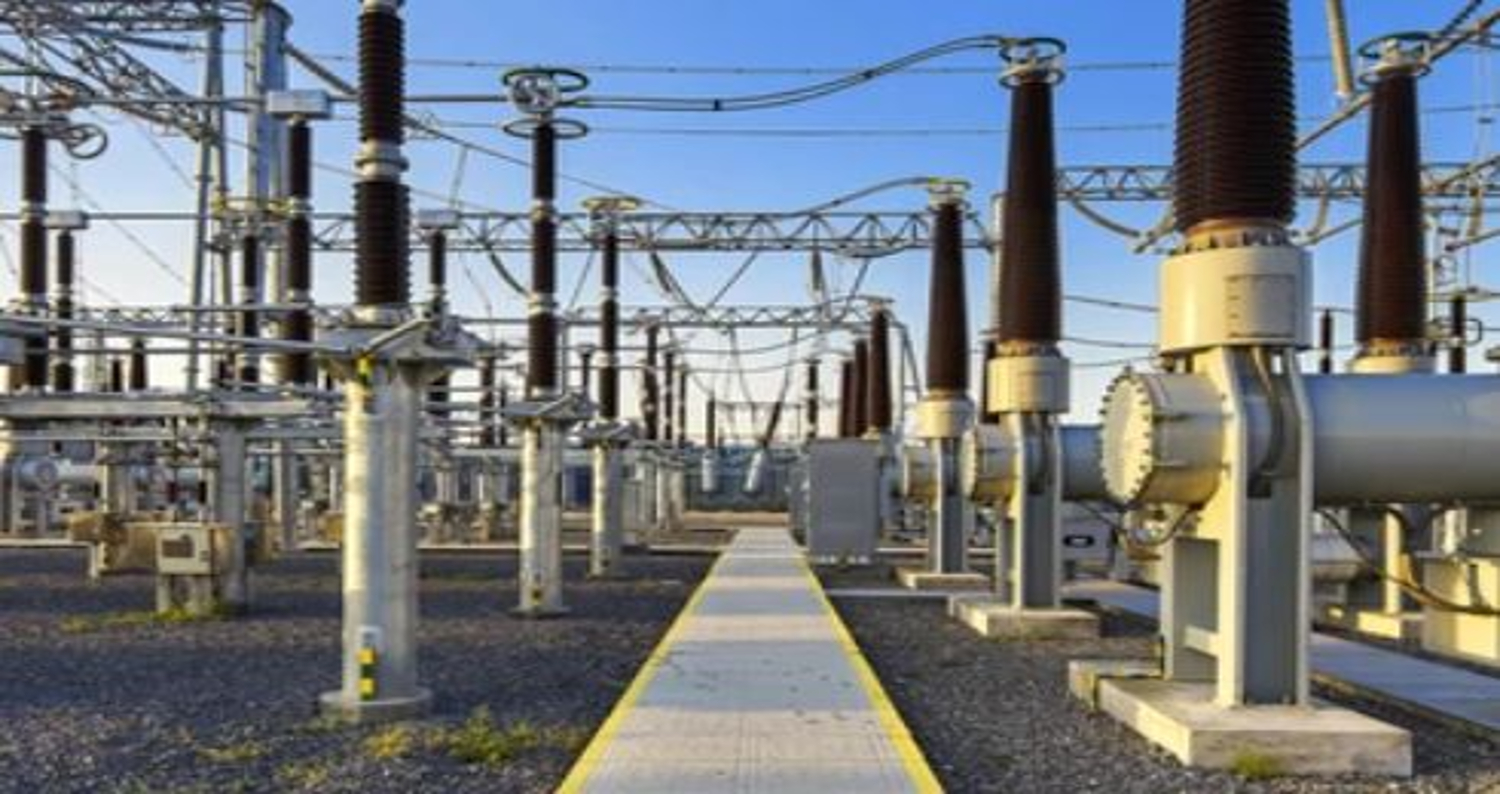
Electrical power system studies are cardinal evaluations conducted to inspect the performance, stability, and efficiency of electrical networks. These studies provide insights into the behavior of power systems under various conditions, ranging from normal operation to fault scenarios.
Power system studies have become vital in ensuring reliability, safety, and cost-effectiveness because of the increasing complexity of modern power grids, including the integration of renewable energy sources and the rise of smart grid technologies.
What are Power System Studies?

It is incorporate a series of technical evaluations aimed at analyzing different aspects of an electrical grid. These studies aim to help engineers understand the dynamics of power generation, transmission, and distribution, allowing them to make informed decisions about system design, upgrades, and fault management.
Power system studies cover a broad range of topics, including:
- Load Flow Studies: These studies named as power flow studies as well, estimate how electrical power is distributed within a system. The identification of potential overloads or underutilized assets is crucial and & load flow studies help determine the voltage, current etc.
- Short Circuit Studies: How a system responds to fault conditions. Such as when two electrical conductors come into contact, leading to an unintentional flow of current is known by short circuit studies. These studies are critical for designing protective devices like circuit breakers and relays that can isolate faults and prevent damage to equipment.
- Transient Stability Studies: These studies evaluate how a power system reacts to sudden disturbances, such as faults or large changes in load, and whether the system can regain stability after the event. Preventing widespread blackouts.
- Arc Flash Studies: An arc flash refers to a dangerous release of energy caused by an electrical fault that leads to serious injury or damage to equipment. Arc flash studies are conducted to identify areas where such incidents may occur and to determine the necessary protective measures, such as insulating barriers or personal protective equipment (PPE).
- Harmonic Analysis Studies: Harmonics are distortions in the electrical waveform. Such as electronic devices and variable speed drives. These studies help to figure out and mitigate these distortions to prevent damage to equipment and ensure efficient operation.
- Motor Starting Studies: The starting of large motors can draw a significant amount of power. Potentially causing voltage dips that affect other equipment. Motor starting studies analyze the effect of motor startup on the electrical system and help in designing strategies to mitigate voltage fluctuations.
Why are Electrical Power System Studies Important?
- Ensuring Reliability and Safety: power system studies, how a system respons to various operating conditions and potential faults. By identifying weaknesses or inefficiencies, engineers can design protective measures and upgrade components to assure that the system operates reliably and safely.
- Improving Efficiency: Power system studies empower the optimization of network design, leading to more efficient power delivery and reduced losses. For example, load flow studies can help identify areas. Where needs the infrastructure upgrades are to improve efficiency and reduce the risk of overloads.
- Minimizing Downtime: To detect and isolate and minimize the downtime of the system fault analysis. And protection coordination studies is mandatory. Properly designed protection schemes can prevent widespread outages and lessen the risk of damage to expensive equipment.
- Supporting Renewable Energy Integration: With the increasing deployment of renewable energy sources like solar and wind. Power system studies are critical for integrating these variable sources into the grid. Renewable energy sources connect without compromising grid stability or efficiency. These studies sure that.
- Regulatory Compliance: Electrical power systems are subject to a range of regulatory requirements. And industry standards, such as those set by the IEEE or the National Electrical Code (NEC). power system studies assure compliance with these regulations, reducing the risk of fines and improving system reliability.
Common Applications of Power System Studies
- Utility Networks: Utility companies rely on power system studies to design, operate, and maintain their distribution and transmission networks. Ensured the efficient and reliable delivery of electricity to consumers. While also planning for future demand growth and integrating renewable energy sources through these studies.
- Industrial Facilities: Large industrial plants often operate their own electrical systems to power machinery and processes. The high demand and protection against faults that could disrupt production is handled and provided by power system studies respectively.
- Data Centers: Data centers claim highly reliable power systems to ensure uninterrupted operation. Power system studies assist in designing redundant power systems. That can withstand failures and ensure continuous power delivery to critical infrastructure.
- Hospitals and Critical Infrastructure: Hospitals, airports, and other critical facilities cannot afford power outages, as they can have life-threatening consequences. Power system studies aid design robust and reliable systems that can handle emergency situations without power loss.
- Renewable Energy Projects: Power system studies are crucial for renewable energy projects, such as wind farms or solar parks. They help assess the effect of different generations on the grid. And it’s design strategies to integrate these sources while maintaining grid stability.
Tools for Power System Studies
Conducting power system studies uses several advanced software tools, including:
- ETAP: A comprehensive tool used for various power system studies such as load flow, short circuit, and arc flash analysis.
- PSS/E (Power System Simulator for Engineering): A widely used software for transmission system analysis, including stability and contingency studies.
- Power Factory: This tool use for load flow, fault analysis, and harmonic studies.
Conclusion
It is essential for the safe, efficient, and reliable operation of power grids and industrial electrical networks. Through these studies, engineers can anticipate system performance, prevent failures, and optimize infrastructure. As the energy landscape evolves, with the growing integration of renewable energy and smart grid technologies The significance of power system studies continues to grow. Ensuring that electrical networks are ready to meet future challenges.
continue reading
Related Posts
In power system engineering, a load flow study, known as […]
ETAP Software (Electrical Transient Analyzer Program) is a comprehensive software […]



